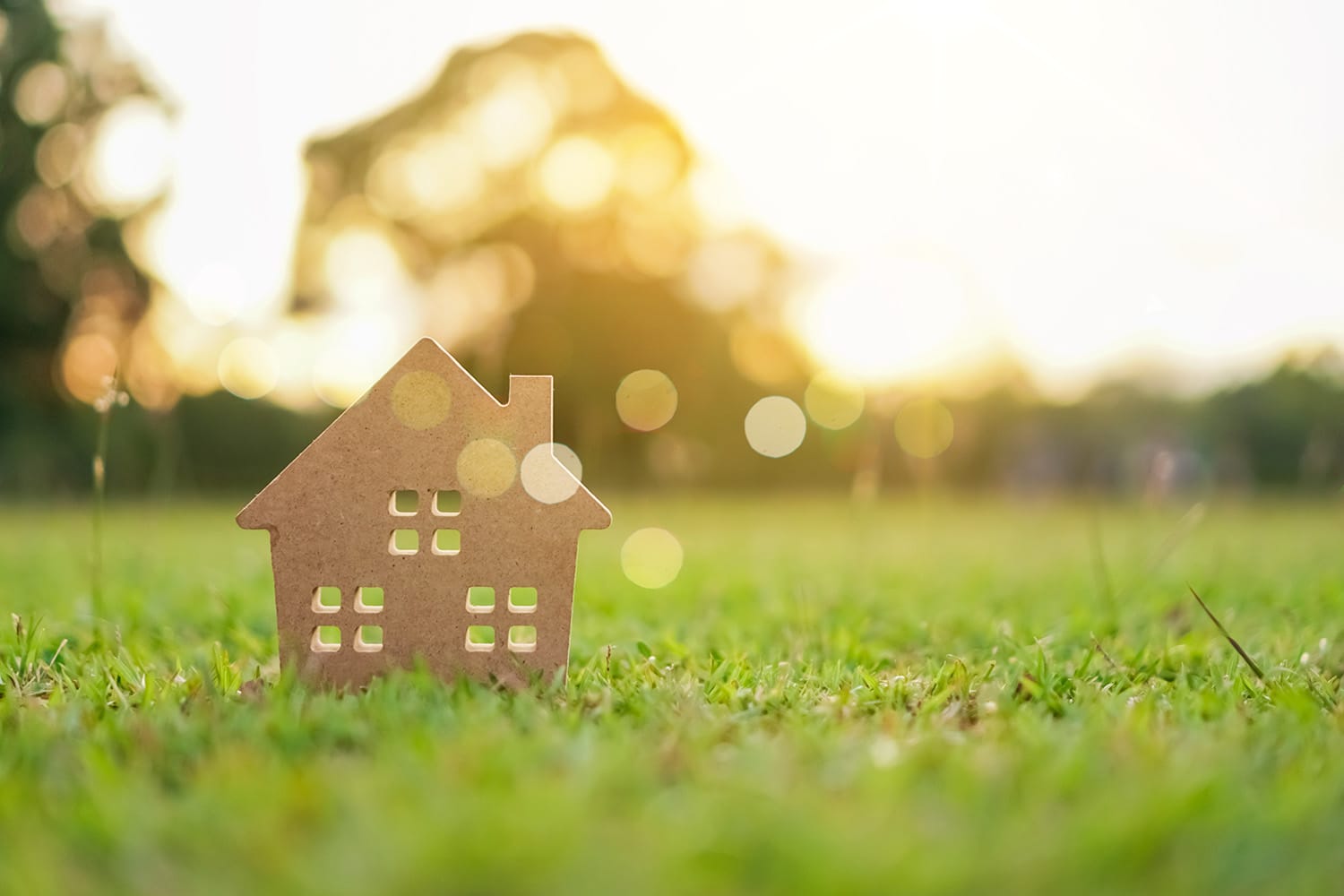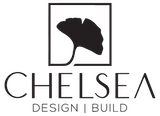
Welcome to your ultimate guide on finding the perfect plot of land for your custom home in Charlotte, North Carolina. As the real estate market continues to thrive and the demand for personalized homes grows, it’s crucial to navigate the process of buying land with knowledge and expertise. Whether you’re a first-time buyer or an experienced homeowner looking to build your dream home, this guide will provide you with the essential information you need to make a well-informed decision. From understanding the different neighborhoods and their unique offerings to considering factors such as zoning regulations and proximity to amenities, we will explore every aspect of the land-buying journey in Charlotte. With our expert tips and insights, you’ll be equipped to find the ideal plot that not only fits your budget and preferences but also sets the stage for a lifetime of happiness in your one-of-a-kind home.
Benefits of building a custom home on land in Charlotte
Building a custom home on land in Charlotte offers numerous benefits that make it an appealing option for many homebuyers. One of the key advantages is the ability to design a home that perfectly suits your needs, preferences, and lifestyle. When you build a custom home, you have the freedom to choose everything from the layout and architectural style to the materials and finishes. This level of customization ensures that your home reflects your unique taste and personality, creating a space that truly feels like your own.
Another benefit of building a custom home on land is the opportunity to choose the location. Charlotte has a diverse range of neighborhoods, each with its own distinct character and amenities. Whether you prefer the urban vibe of Uptown or the suburban charm of SouthPark, there’s a neighborhood in Charlotte that’s perfect for you. By selecting the right plot of land, you can build your dream home in the neighborhood that best suits your lifestyle and preferences.
In addition, building a custom home on land allows you to take advantage of the latest energy-efficient technologies and sustainable building practices. You can incorporate features such as solar panels, energy-efficient appliances, and smart home systems, which not only reduce your environmental footprint but also save you money on utility bills in the long run. With a custom home, you have the freedom to prioritize sustainability and create a living space that aligns with your values.
Factors to consider when searching for land in Charlotte
When searching for land in Charlotte, there are several important factors to consider. The first is your budget. Determine how much you can afford to spend on land and include this in your overall home-building budget. Keep in mind that the cost of land varies depending on the location, size, and desirability of the plot. Set a realistic budget to ensure you can find a suitable piece of land without stretching your finances too thin.
Another factor to consider is the size and topography of the land. Think about how much space you need for your home, as well as any outdoor amenities such as a pool or garden. Additionally, consider the slope and elevation of the land. A flat or gently sloping plot is typically easier and less costly to build on compared to a steep or uneven terrain. Take into account any natural features on the land, such as trees or bodies of water, as these can add to the appeal and character of your future home.
In addition to the physical characteristics of the land, it’s important to research and understand the zoning regulations and restrictions in Charlotte. Zoning regulations dictate how the land can be used and what type of structures can be built. Familiarize yourself with the different zoning categories and their associated requirements to ensure your plans align with the local regulations. You may also want to consider any future developments or planned infrastructure projects in the area, as these can impact the value and desirability of the land.
Researching and understanding zoning regulations and restrictions
Before purchasing land in Charlotte, it’s crucial to research and understand the zoning regulations and restrictions that apply to the area. Zoning regulations are local laws that dictate how land can be used and what type of structures can be built. These regulations ensure that land use is organized and that different areas of the city are designated for specific purposes, such as residential, commercial, or industrial use.
To begin your research, visit the official website of the City of Charlotte and look for information on zoning regulations. The website should provide details on the different zoning categories and their associated requirements. Take note of the zoning category that applies to the land you’re interested in and review the regulations and restrictions that apply. Pay attention to factors such as minimum lot size, setback requirements, maximum building height, and any special conditions or permits that may be required.
In addition to the official website, you can also consult with a real estate agent or land-use attorney who specializes in Charlotte real estate. They can provide valuable insights and guidance on navigating the zoning regulations and ensuring your plans comply with the local requirements. It’s important to be thorough in your research and fully understand the implications of the zoning regulations before committing to the purchase of land.
By taking the time to research and understand the zoning regulations and restrictions, you can avoid potential headaches and setbacks during the land-buying process. It ensures that your plans align with the local regulations and that you can proceed with confidence in building your dream home on the land you choose.
Working with a real estate agent specialized in land sales
When searching for land in Charlotte, it’s highly recommended to work with a real estate agent who specializes in land sales. While you may be tempted to navigate the process on your own, having an experienced professional by your side can save you time, money, and potential headaches.
A real estate agent who specializes in land sales has in-depth knowledge of the local market and can provide valuable insights on the availability of land in different neighborhoods. They have access to a network of contacts, including other agents and landowners, which can give you an advantage in finding the right piece of land. They can also assist you in evaluating the value of the land and identifying any potential issues or risks.
When choosing a real estate agent, look for someone with a proven track record in land sales and a strong understanding of the Charlotte market. They should have experience working with buyers who are interested in building custom homes and be familiar with the specific challenges and considerations that come with land purchases. Additionally, consider their communication style and responsiveness, as you’ll be working closely with them throughout the process.
Working with a real estate agent specialized in land sales can streamline the search process and ensure that you find the perfect plot of land for your custom home. They can guide you through the negotiation and purchasing process, as well as provide recommendations for other professionals you may need, such as architects and builders. Their expertise and guidance can make the land-buying journey a smooth and successful one.
Evaluating the location and neighborhood of potential land plots
When searching for land in Charlotte, it’s essential to evaluate the location and neighborhood of potential plots. The location of your land will have a significant impact on your daily life, as well as the future value of your home. Consider the following factors when evaluating potential land plots:
- Proximity to amenities: Look for land that is conveniently located near essential amenities such as schools, grocery stores, healthcare facilities, and recreational areas. Consider the distance to major highways and public transportation options, as well as the availability of shopping centers, restaurants, and entertainment venues. Being close to amenities will enhance your quality of life and make daily errands more convenient.
- Neighborhood character: Each neighborhood in Charlotte has its own unique character and charm. Take the time to explore different neighborhoods and get a feel for their atmosphere and community spirit. Consider factors such as the architectural style of the existing homes, the presence of parks and green spaces, and the overall cleanliness and safety of the area. Choose a neighborhood that aligns with your lifestyle and values.
- School district: If you have children or are planning to start a family, the quality of the school district should be a top consideration. Research the schools in the area and their performance ratings. Look for neighborhoods that are served by highly rated public or private schools to ensure your children receive a quality education.
- Future development: Consider any future development plans or infrastructure projects in the area. These can significantly impact the value and desirability of the land. Check with the local planning department or speak to a real estate agent to find out about any upcoming developments in the vicinity. Choosing land in an area that is expected to experience growth and improvement can be a strategic long-term investment.
By carefully evaluating the location and neighborhood of potential land plots, you can ensure that you choose a plot that not only meets your immediate needs but also offers long-term value and desirability. Take the time to visit different areas, talk to local residents, and gather as much information as possible before making a decision.
Assessing the land’s topography, soil quality, and drainage
When considering a plot of land for your custom home in Charlotte, it’s important to assess the land’s topography, soil quality, and drainage. These factors can have a significant impact on the construction process, as well as the long-term stability and functionality of your home.
The topography of the land refers to its physical features, such as slopes, elevations, and natural or man-made changes in the terrain. A flat or gently sloping plot is generally easier and less costly to build on compared to a steep or uneven terrain. It provides a more stable foundation for your home and reduces the risk of drainage issues. However, if you prefer a plot with a unique topography, such as a hillside or waterfront property, it’s important to consult with an architect or engineer to ensure that the land is suitable for construction.
Soil quality is another important consideration when assessing land for your custom home. The type of soil on the land can impact the stability of the foundation and the effectiveness of drainage systems. Different types of soil have varying levels of load-bearing capacity, drainage ability, and susceptibility to erosion. Conducting a soil test is recommended to determine the soil composition and whether any special measures need to be taken during construction to ensure the stability and longevity of your home.
Drainage is a critical aspect to consider when evaluating land for your custom home. Poor drainage can lead to water accumulation, flooding, and damage to your property. Look for signs of standing water or poor drainage on the land, such as soggy or marshy areas. Consider the natural flow of water on the land and whether there are any nearby bodies of water or drainage systems. Consult with professionals, such as engineers or landscape architects, to assess the drainage conditions and determine if any remedial measures are necessary.
By thoroughly assessing the land’s topography, soil quality, and drainage, you can ensure that you choose a plot that is suitable for building your dream home. Consulting with professionals and conducting necessary tests and evaluations will provide you with the information you need to make an informed decision and avoid potential issues down the line.
Understanding utilities and infrastructure availability
When purchasing land for your custom home in Charlotte, it’s important to understand the availability of utilities and infrastructure in the area. Utilities refer to essential services such as electricity, water, sewage, and natural gas. Infrastructure includes roads, sidewalks, streetlights, and other public amenities.
Before committing to a land purchase, verify the availability of utilities in the area. Contact the local utility companies and inquire about the process for connecting to their services. They can provide information on any existing infrastructure nearby and the cost or requirements for connecting to their systems. Ensure that the land you’re considering has access to the necessary utilities to support your future home.
In addition to utilities, consider the availability and quality of other infrastructure in the area. Evaluate the condition of the roads leading to the land and the proximity to major highways or transportation hubs. Access to reliable transportation is important for commuting and accessing amenities. Look for the presence of sidewalks, streetlights, and other public amenities that contribute to the overall quality of life in the area.
If the land you’re interested in is located in a developing area, research any planned infrastructure projects or improvements. These can significantly impact the value and desirability of the land in the future. Stay informed about any road expansions, new schools or parks, or other public projects that may be in the works. Choosing land in an area that is expected to experience growth and improvement can be a wise long-term investment.
Understanding the availability of utilities and infrastructure is crucial when purchasing land for your custom home. It ensures that you can easily connect to essential services and that the area has the necessary amenities to support your lifestyle.
Conducting a feasibility study and land survey
Before finalizing the purchase of land in Charlotte, it’s advisable to conduct a feasibility study and land survey. These assessments provide valuable information about the land and can help you make an informed decision and avoid potential issues in the future.
A feasibility study examines the viability of your proposed project on the land. It takes into account factors such as the zoning regulations, environmental impact, potential construction costs, and any other constraints or challenges that may arise during the construction process. A feasibility study is typically conducted by a team of professionals, including architects, engineers, and land-use consultants. They will evaluate the suitability of the land for your intended use and provide recommendations or alternatives if necessary.
A land survey is another important assessment that should be conducted before purchasing land. A land survey determines the exact boundaries and characteristics of the land, including any encroachments or easements. It ensures that you have a clear understanding of the property lines and can avoid any disputes or legal issues in the future. A licensed surveyor will visit the land and conduct a detailed survey, producing a survey plan or map that outlines the boundaries and features of the land.
By conducting a feasibility study and land survey, you can gain a comprehensive understanding of the land and its suitability for your custom home. These assessments provide valuable insights and help you make an informed decision based on accurate information.
Conclusion
When you’re considering building a custom home, finding the right plot of land for your dream home is a challenge. From neighborhood options to unique building challenges and costs associated with preparing the land for build, it’s important to properly assess your options. With these tips and insights, we hope you’re equipped to find the perfect spot to build your custom home. As always, we’re here to guide you through every step of the journey, including finding land. We’re happy to help you discover the available options and help you determine the feasibility of build on any parcel you’re interested in. Contact us today.


